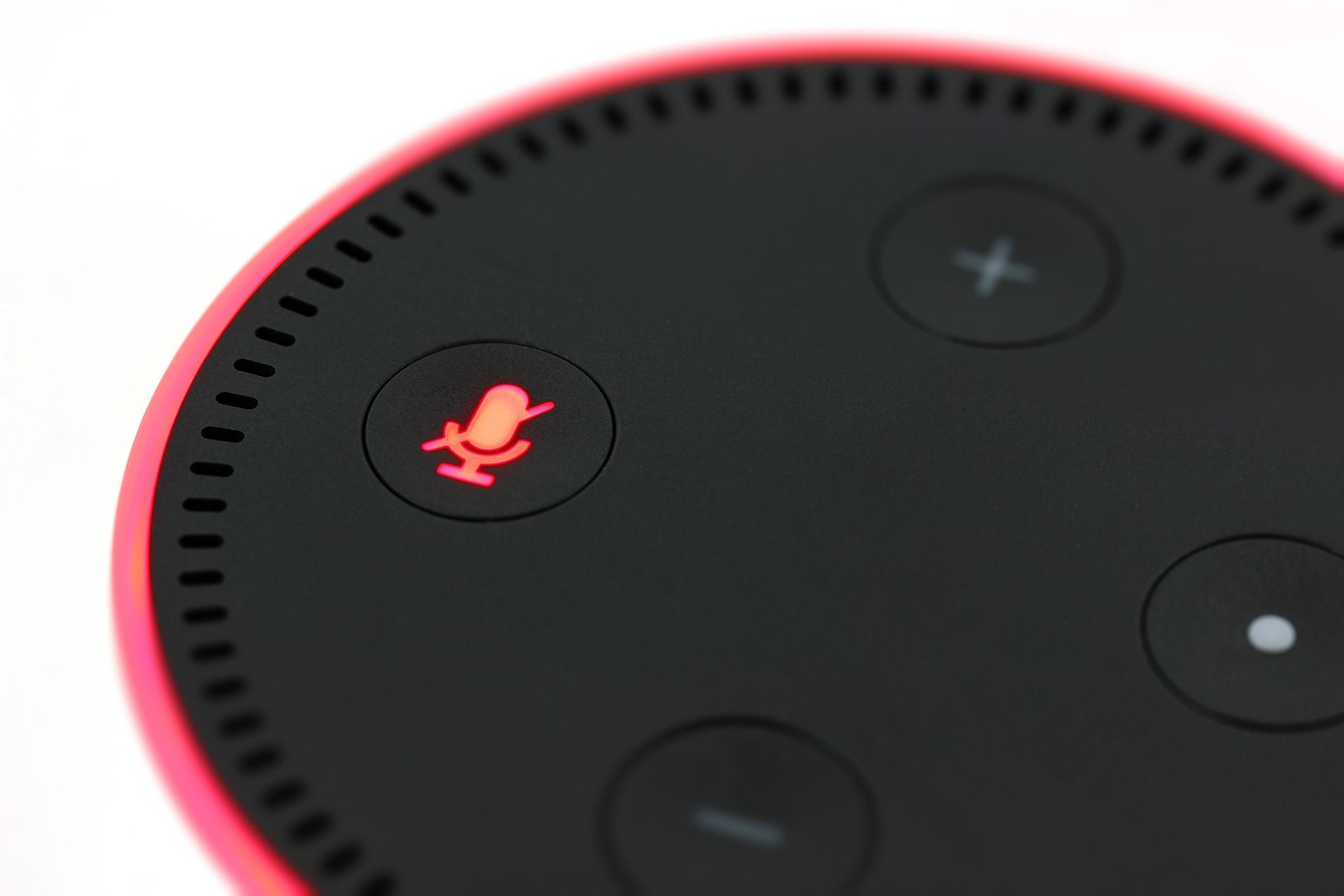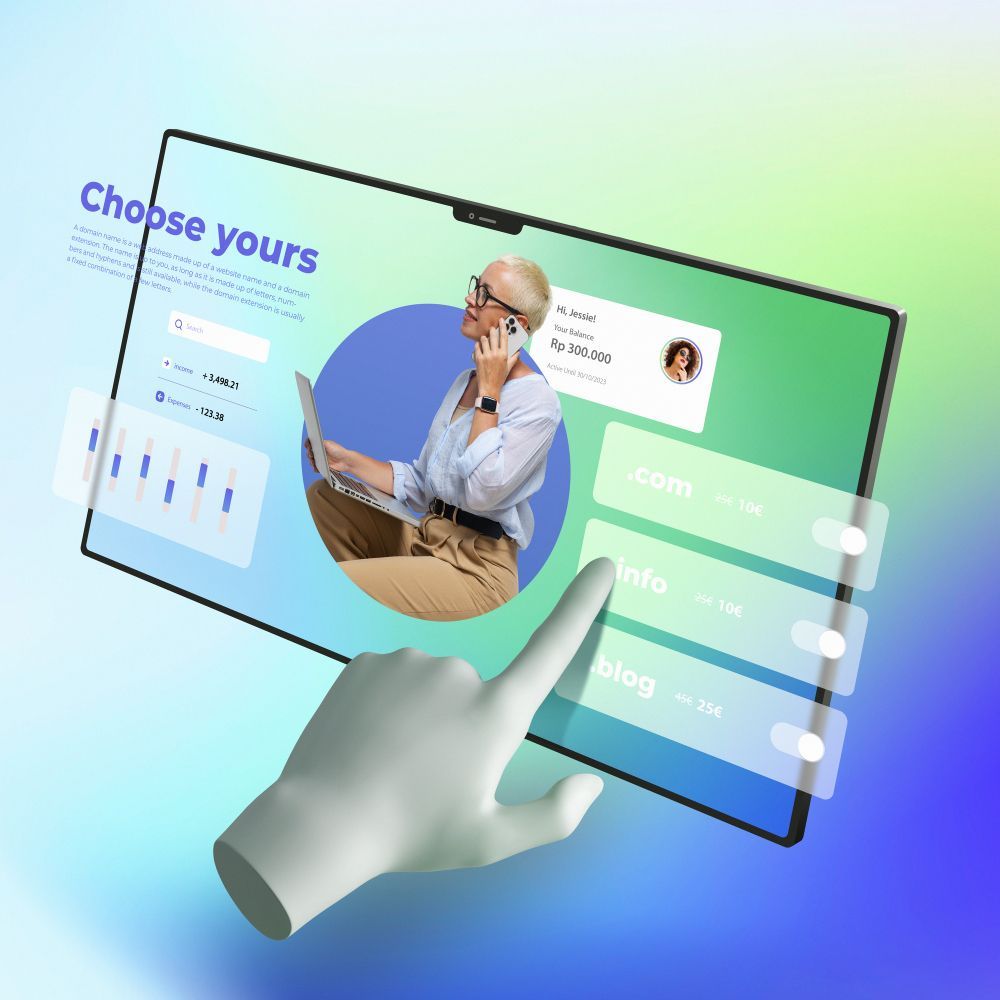Voice Assistants and the Future of User Interaction
In the world that's becoming increasingly interconnected and technology-driven, voice assistants have emerged as one of the most transformative innovations. These AI-powered virtual assistants are changing the way we interact with our devices, access information, and even control our smart homes. In this comprehensive guide, we'll delve into the world of voice assistants, explore their impact on user interaction, and discuss their role in shaping the future of technology.

The Rise of Voice Assistants
The rise of voice assistants can be attributed to several key factors, making them an integral part of our daily lives:
Advances in Artificial Intelligence
Convenience and Accessibility
Psychological Impact: Voice assistants enhance convenience and accessibility, reducing friction in daily tasks.
Voice-first interaction is effortless, providing users with the ability to get information or perform tasks without needing to type, touch, or click. This convenience appeals to a wide range of users, including those with disabilities.
Integration with Smart Devices
Psychological Impact: Voice assistants create a sense of control and empowerment in a connected environment.
Voice assistants have become central to the Internet of Things (IoT) and home automation, enabling users to control their smart devices, thermostats, lights, and more through simple voice commands.
Multilingual and Multimodal Functionality
Psychological Impact: Multilingual support and multimodal interaction offer a sense of inclusivity and adaptability.
Voice assistants are designed to understand and respond in multiple languages, catering to a diverse global audience. Additionally, they can interact through speech, text, and visuals, accommodating different user preferences.
The Impact of Voice Assistants on User Interaction
The rise of voice assistants can be attributed to several key factors, making them an integral part of our daily lives:
Humanizing Technology
Psychological Impact: Conversational interfaces create a sense of familiarity and comfort in using technology.
Voice assistants, equipped with natural language processing, make technology feel more human. Interacting with a virtual assistant through conversation fosters a sense of familiarity and ease.
Personalization and Contextual Understanding
Psychological Impact: Personalized interactions create a sense of individuality and relevance.
Voice assistants excel at understanding user preferences, behaviours, and context. They provide personalized responses and recommendations, reinforcing a sense of individuality and relevance.
Accessibility and Inclusivity
Psychological Impact: Voice-first design promotes a sense of empowerment and inclusivity, breaking down barriers to technology.
Voice-first design, with its accessibility features, allows a broader range of users, including those with disabilities, to engage with technology, fostering a sense of empowerment and inclusivity.
Hands-Free and Eyes-Free Interaction
Psychological Impact: Hands-free and eyes-free interaction promotes a sense of safety and multitasking.
Voice assistants enable users to perform tasks and access information without the need for hands or eyes, making it safer and more convenient, particularly in situations like driving or cooking.
The Future of User Interaction
Voice assistants are shaping the future of user interaction in various ways:

Integration Across Devices
Psychological Impact: Cross-device integration offers a sense of continuity and seamlessness in the user experience.
The future of user interaction lies in the seamless integration of voice assistants across various devices, creating a continuous and coherent user experience. Voice ecosystems are emerging, enabling users to start an interaction on one device and continue it on another.
Expansion into Business and Industry
Psychological Impact: The expansion of voice technology into business and industry provides a sense of efficiency and productivity.
Voice technology is making its way into the workplace, streamlining tasks and enhancing productivity. From voice-activated machinery in factories to voice-driven business applications, it's transforming the way work is done.
Voice Commerce and Transactions
Psychological Impact: Voice commerce offers a sense of convenience and security in online transactions.
Voice assistants are becoming central to e-commerce and online transactions. Users can shop, make payments, and conduct financial transactions with ease, enhancing the convenience and security of online commerce.
Enhanced Emotional Interaction
Psychological Impact: Enhanced emotional interaction in voice assistants creates a sense of empathy and understanding.
Future voice assistants will be equipped with the capability to recognize and respond to users' emotions. This enhanced emotional interaction fosters a sense of empathy and understanding, making technology more human-centric.
Conclusion
Voice assistants have ushered in a new era of user interaction, revolutionizing the way we engage with technology. Their impact on humanizing technology, promoting accessibility, personalizing experiences, and enabling hands-free interaction is undeniable.
The future of user interaction in the tech world is not limited to our current devices but extends across a range of applications and industries. As voice assistants continue to evolve, we can anticipate even more seamless, emotionally intelligent, and contextually aware interactions with technology. This transformation will ultimately redefine our relationship with technology and bring us closer to a future where human and machine communication is more natural, efficient, and meaningful.








